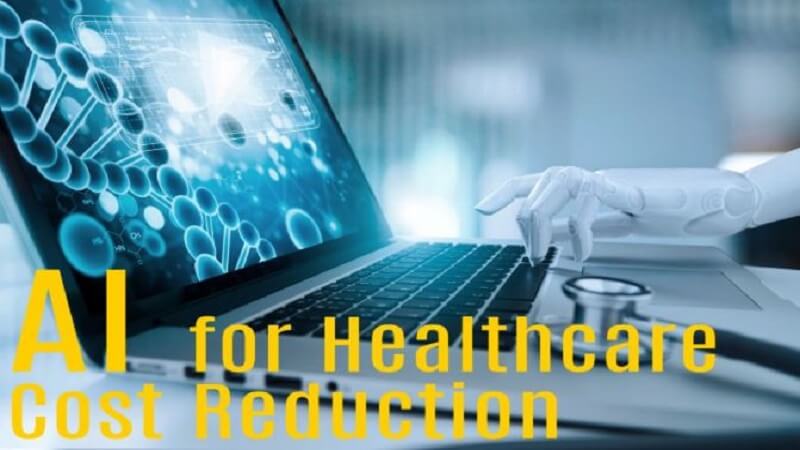The application of artificial intelligence (AI) in healthcare has dramatically transformed the field. Due to its capability to process massive amounts of data, AI is poised to improve patient care by increasing the accuracy of diagnosis, improving the quality of treatment, and improving operational efficiency.
The Rise of AI in Healthcare
AI has made significant progress in the last few years and is currently becoming widely used in various healthcare environments. One of the main factors driving the growth of AI in healthcare is its capability to analyze highly complex medical data, including imaging of medical conditions, genomic data, and patient records, to discover patterns and provide insights that help diagnose and treat patients.
In radiology, AI algorithms have shown the ability to spot abnormalities in medical imaging with high precision, helping radiologists improve the accuracy of their diagnoses and efficiency. Additionally, AI-powered chatbots have been created to respond to patients’ questions, offer assistance with triage, and enable remote consultations, which allows more accessibility to health services.
Cost-Saving Opportunities Through AI Technologies
One of the most significant benefits of implementing AI in healthcare is the possibility of cost savings. AI technologies can optimize resource use and decrease healthcare costs by automating tasks requiring human intervention.
The integration of artificial intelligence is transforming the healthcare sector by enhancing efficiency and reducing operational expenses. One key aspect of how AI reduces costs in healthcare is its ability to automate routine administrative tasks, such as billing, scheduling, and patient record management.
For instance, AI-powered scheduling systems can efficiently allocate healthcare resources, including medical staff equipment and hospital beds, according to patient demands and resource availability. This can result in lower waiting times, increased patient flow, and better resource allocation, leading to savings for healthcare facilities.
Additionally, AI can play a vital role in healthcare predictive maintenance. By analyzing the data from sensors on medical equipment, AI algorithms can predict the possibility of failure before it happens and allow for preventative maintenance and repair. This method of prediction will not only reduce the time it takes to repair equipment but also prolong the equipment’s life, eventually decreasing maintenance costs and increasing efficiency.
Benefits of Implementing AI in Healthcare Settings
The use of AI technology in healthcare can bring a variety of advantages. For one, AI technologies can enhance the efficiency and accuracy of diagnostics. By analyzing large data sets and comparing them against established patterns and guidelines from experts, AI algorithms can provide healthcare professionals with helpful information, assisting them in making more precise and accurate diagnoses.
Implementing AI Strategies for Long-Term Cost Savings
To fully harness AI’s potential for healthcare and achieve long-term cost savings, healthcare providers must create comprehensive strategies to plan for AI implementation. This means analyzing the workflows in place, identifying areas in which AI could be beneficial, and seamlessly integrating AI technology into existing processes and systems.
In addition, healthcare facilities should invest in the proper infrastructure and ensure that security and privacy procedures are implemented to safeguard patients’ private information. Collaboration between doctors, data scientists, and AI experts is crucial to creating solid AI solutions that meet healthcare environments’ particular needs and problems.
Future Trends and Innovations in AI Healthcare
In general, AI has the potential to transform healthcare by increasing diagnosis accuracy, improving the quality of treatment, optimizing resource utilization, and providing remote patient treatment. By using AI technologies, healthcare providers can save significant money while delivering high-quality, patient-focused care.
Additionally, wearable devices powered by AI and remote-monitoring systems allow patients to take charge of their health by observing vital indicators, monitoring chronic diseases, and obtaining real-time feedback about their health. This technology facilitates proactive healthcare management and prompt intervention, ultimately enhancing patient outcomes and reducing healthcare costs.
